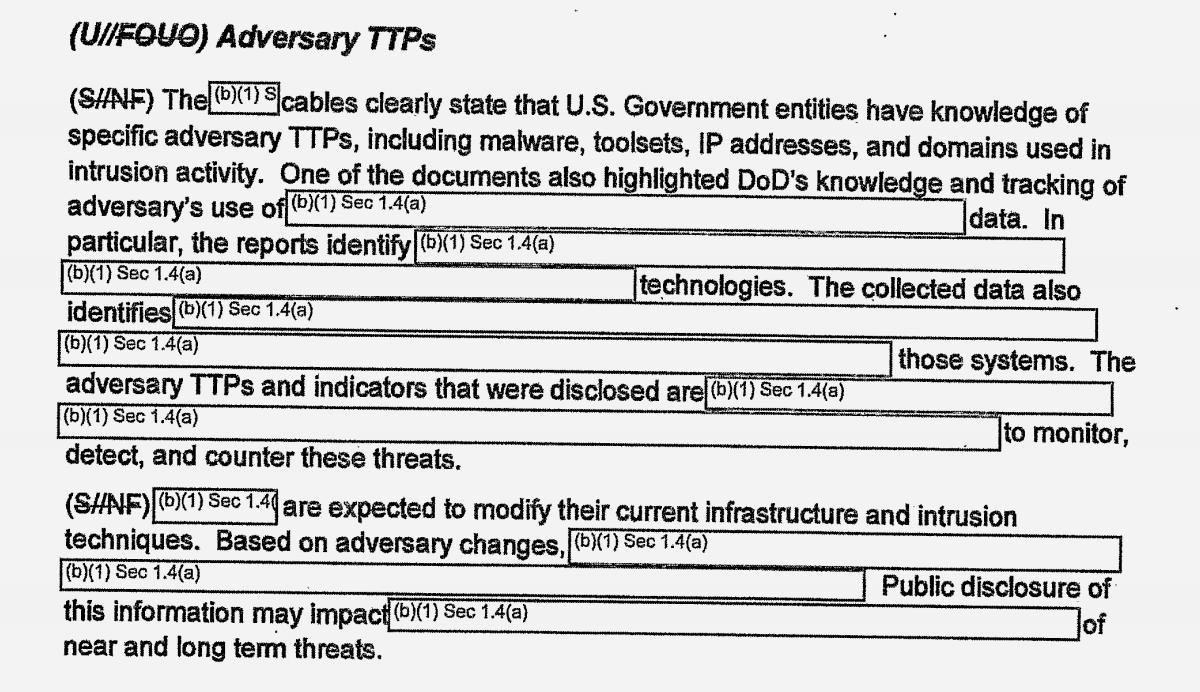Amazon on Monday announced it will now offer its cashierless store technology called “Just Walk Out,” to other retailers. The technology uses a combination of cameras, sensors, computer vision techniques, and deep learning to allow customers to shop then leave the store without waiting in line to pay. This is the same technology that today powers the Amazon Go cashierless convenience stores and Amazon’s newly launched Amazon Go Grocery store in Seattle.
Reuters first reported the news just ahead of Amazon’s official announcement, adding also that Amazon says it has signed “several” deals with initial customers interested in using Just Walk Out in their own stores. Amazon did not say who those customers were, however.
Amazon has also now launched a website detailing how Just Walk Out works, and answering several questions about this new business line.
The website says that other retailers have expressed interest in the tech for years, which is why it decided to start offering Just Walk Out for sale. The system Amazon is offering includes “all the necessary technology to enable checkout-free shopping,” the site notes. That would mean Amazon is providing the camera hardware and sensor technology, in addition to the software systems. The site doesn’t mention pricing but says the system also comes with 24/7 support via phone and email.
The setup and installation of the system can take as little as a few weeks once Amazon has access to the retailer’s store, Amazon says. For new builds, Amazon can work with the retailer to integrate Just Walk Out during the construction phase or it can do the same as a store undergoes remodels. It can also try to install the technology to an existing store with minimal disruption to customers.
To be clear, the technology being sold is to allow retailers to offer their own customers the ability to shop and pay for items without having to wait in line to pay at a register. It’s not intended to allow retailers to run a franchise of the Amazon Go convenience stores.
For customers, a cashierless store can save time as it doesn’t require waiting to pay. This makes sense for stores like convenience stores or grocers, where people have either limited time to make purchases or where lines can be long as carts are filled with many items. It may not be work for a larger department store where there aren’t items on shelves and much more square footage to cover.
With Amazon’s Just Walk Out, customers can enter the store with their credit card, Amazon’s new website explains. Customers don’t need to have an app installed, nor do they need an Amazon account. As the customer shops, the cameras track the customer’s movements and shelf sensors register if an item is removed or returned. Items picked up by the customers will then be placed in a virtual cart. When the customer leaves, their card is charged for what they bought. Customers can also visit an in-store kiosk if they want a printed receipt, Amazon says. However, one will be emailed automatically, as well.
It’s unclear if such a system is ultimately a benefit to retailers’ bottom line, given the expense of installation and maintenance — even if it does allow the retailer to reduce headcount. And Amazon, of course, is not marketing the technology as a means of cutting down on store staff. Instead, Amazon says store staff can be repurposed to focus on other activities — like greeting customers and answering questions, stocking the shelves, and more. These are activities the retailer should already be staffed appropriately for, though, but that’s often not the case especially as stores have become hubs for online ordering.
Customer reception to such technology is still unknown, too. While Amazon’s stores are still something of a novelty, customers may balk if and when this sort of surveillance-like technology becomes the norm.



